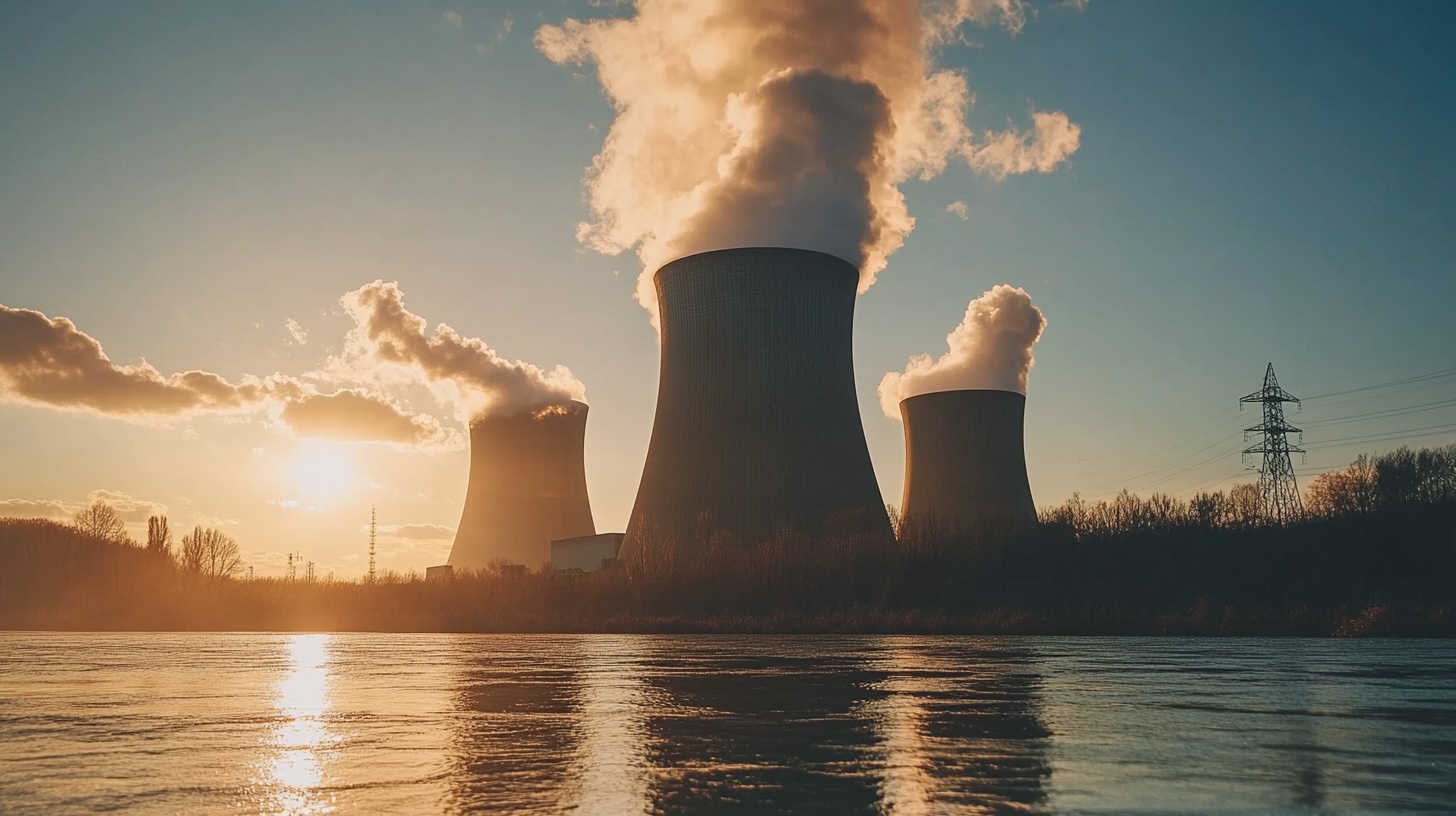Nuclear power, long overshadowed by fears of safety and high costs, is experiencing a revival—thanks to tech giants like Microsoft, Amazon, and Google. These companies, facing rapidly growing energy demands driven by data centers and artificial intelligence (AI), are turning to nuclear as a reliable, carbon-free energy source.
Why Tech Giants Are Interested in Nuclear Power
As tech companies expand their AI capabilities, their energy consumption is skyrocketing. For example, Microsoft anticipates using five to six times more electricity by 2030 than previously expected, due to AI’s intensive computing power needs. Nuclear energy offers a steady, around-the-clock power supply that complements the intermittent nature of renewables like wind and solar. Unlike traditional energy sources, nuclear doesn’t produce greenhouse gases during operation, making it attractive to companies committed to reducing their carbon footprints
Microsoft’s deal to revive the Three Mile Island nuclear plant, a site once infamous for a near-catastrophic accident, is one of the most high-profile moves. Similarly, other tech giants like Google and Amazon are investing in next-generation technologies like small modular reactors (SMRs), which are cheaper, quicker to build, and touted as a safer alternative to traditional nuclear plants
Controversies and Challenges
Despite nuclear energy’s environmental benefits, the move has its critics. Some, like environmental expert David Hess, warn about relying on old, potentially risky technology, especially at sites like Three Mile Island. Additionally, nuclear projects face notorious challenges, including ballooning costs and lengthy construction times. For instance, Georgia’s Vogtle nuclear plant took seven years longer than planned and cost double the original estimate
Another concern is the unresolved issue of nuclear waste. Even though SMRs promise to be more efficient, they still produce radioactive waste, a problem that hasn’t been fully addressed since nuclear power’s early days
The Future of Nuclear Energy
Governments and private companies are now pushing to streamline regulatory processes and reduce costs, recognizing nuclear power’s potential in achieving climate goals. Tech companies’ financial muscle and enthusiasm for innovation may help overcome some of the hurdles that have plagued nuclear projects in the past
If successful, nuclear energy—especially in its modern forms like SMRs—could play a pivotal role in meeting the rising global demand for clean, reliable power. As tech giants continue to lead the charge, nuclear might just become a cornerstone of the 21st-century energy landscape.
Further Reading:
- Nuclear Power and AI: How Tech Giants Are Driving a Clean Energy Revolution
- Microsoft’s Bet on Three Mile Island: Reviving Nuclear for a Carbon-Free Future
This nuclear resurgence, fueled by tech investment, is poised to redefine how we think about energy and sustainability in a digital, AI-powered world.








